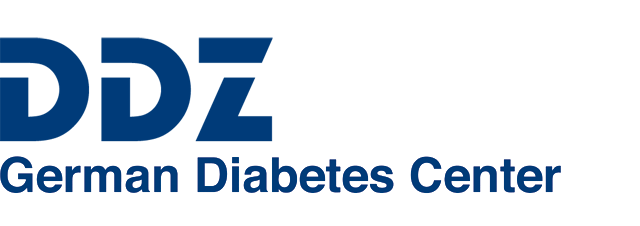People with a cardiovascular disease, such as myocardial infarction, are confronted with a severe health event. Moreover, cardiovascular diseases are typical comorbidities and complications of type 2 diabetes mellitus. Type 2 diabetes has therefore already been diagnosed in a percentage of people who experienced a myocardial infarction. In another percentage of people, diabetes is first diagnosed during acute treatment of myocardial infarction.
Along with physical impairments, experiencing a severe health event can have a negative impact on mental well-being and thus on health-related quality of life. Furthermore, it must be assumed that this can affect adherence to therapy and thus the prognosis of patients (e.g. with regard to depression or anxiety disorder).
An essential part of rehabilitation after a myocardial infarction is therefore often a change in lifestyle, e.g. to prevent future reinfarctions by changing diet and increasing physical activity. In the interest of patient-centered care and a sustainable improvement in the quality of life, the needs and preferences of patients should be in the forefront when implementing lifestyle changes.
Aims
The objective of this project is to ascertain patients’ needs and preferences regarding a lifestyle intervention following a myocardial infarction and how they change over the course of recovery.
Project Lead / Contact Person
Cooperations
- Klinik für Kardiologie, Angiologie und Pneumologie, Universitätsklinikum Düsseldorf
- Max-Planck-Institut für Öffentliche Güter, Bonn
- Institut für Klinische Diabetologie (DDZ)
- Institut für Neurowissenschaften, Universitätsklinikum Düsseldorf
Funding
Kleiner strategischer Sondertatbestand der Leibniz-Gemeinschaft
Methods
As part of a prospective observation study (Düsseldorf STEMI study), repeated surveys seek to gain insights into the mental and physical condition of patients over the course of recovery following a myocardial infarction. Furthermore, needs and preferences are studied with regard to people’s exercise behavior following a cardiovascular event. Patients are recruited over five years and subsequently observed for a year. Up to 1,000 patients shall be included in the observational study.
Duration
2018 – 2023
